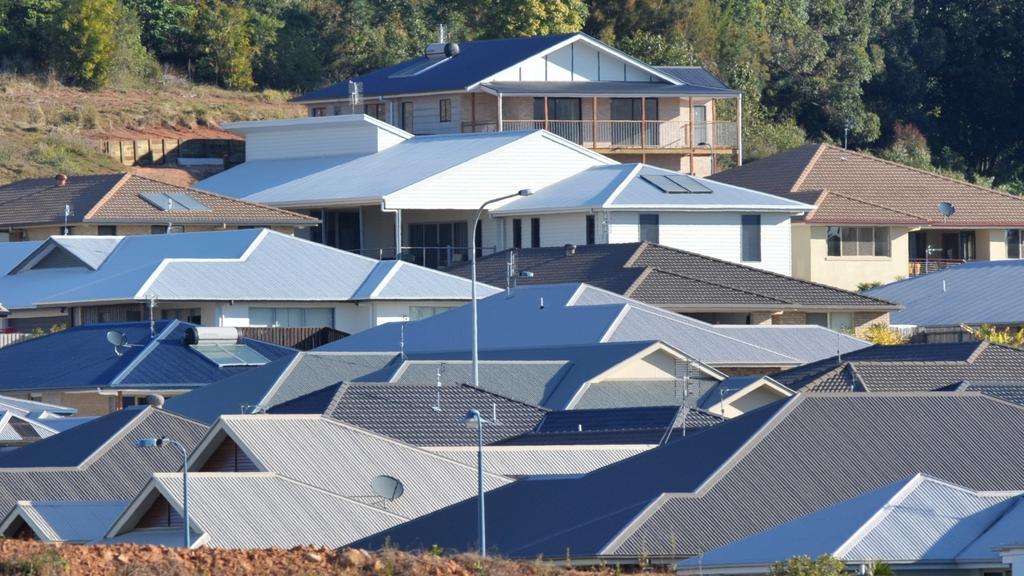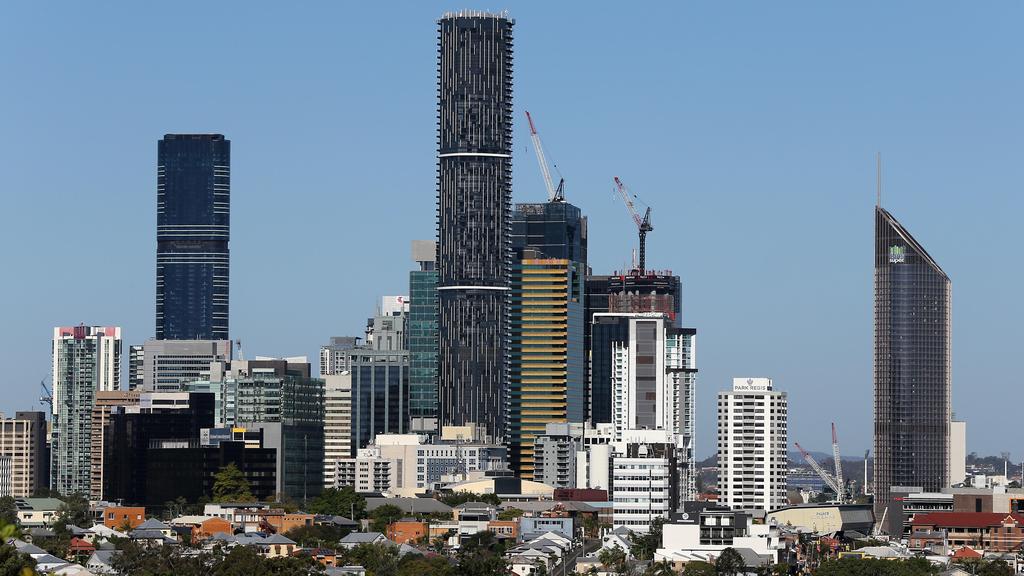
With 11 per cent of mortgages in loan deferrals, concern is rising about how struggling homeowners will cope.
The coronavirus pandemic has had a dramatic effect on homeowners, with more Aussies now acutely aware of financial fallout – but there’s a ticking time bomb in the wings for some.
MORE: Luxury builder lists his dream home
Tenants warned of rent increase pain
Welcome to QLD’s power streets
The latest Financial Consciousness Index by Comparethemarket.com.au and Deloitte Access Economics found a silver lining off COVID-19, saying more people had become financially aware as they worked to reduce the impact of the pandemic’s economic downturn.
It found 8.9 million Aussies save 10 per cent or more of their income each pay cycle, up by 1.6 million people compared to last year, with the proportion highest in ACT (52 per cent), with Queenslanders least able to do so ( (41 per cent).

Changing mortgage repayment options to interest only is one of the strategies some homeowners have employed to rebuild savings for a period during COVID-19.
But Comparethemarket general manager digital banking, David Ruddiman, said while the health crisis had forced many people to be more conservative in their spending because of job security fears and reduced incomes, the lagging effect on the economy was the unknown right now.
“Unfortunately we do have a situation where 11 per cent of mortgages are in loan deferrals,” he said, with the top 20 authorised lending institutions seeing 11 per cent of their $195 billion in mortgage related debt in deferrals by mid-year.
“Initially when relief was granted to banks to put people on repayment pauses in late March, they gave them until September and then they have to commence paying. But deferment means that interest keeps accruing, and many australians whose loans are in deferment will find their loans will be bigger than when they went into repayment pause.”
Mr Ruddiman said some options for people looking to adjust finances included changing mortgage repayment options to interest only to rebuild savings for a period, downsize to reduce the size of home loans and set a budget by looking at household expenditure and ways to save money.
”If we want to see our economy bounce and we don’t want house prices to plummet, we need to be more aware of financial circumstances. Little things can have a big impact on people that are really struggling. My message on big ticket items like homes is if your home loan doesn’t start with a 2 you’re failing in terms of taking action. You’ve got to get out there and take action.”
Queenslanders were bang on the national average for overall financial consciousness, scoring 51/100 for the FCI test, up from 48 last year.

Queenslanders scored 51/100 which was also the national average financial consciousness score.
There was some good news at the lower end of the spectrum too, with a 10 percentage point reduction in the number of Queenslanders who were failing the test, sitting at 33 per cent this year compared to a massive 43 per cent last year.
New South Wales, Victoria, and South Australia also aligned with the national average, according to the third annual study which looks at financial sophistication, willingness, capability and wellness.
“Research around this report indicates people are certainly thinking about finances more and it’s also fair to say because we’ve had these lockdowns, the vast majority of us who are full-time employed have been able to save more.
He warned that Australia was yet to feel the true impact of the pandemic on the economy, given government assistance was helping cushion the blows right now.
“It’s not the great equaliser that everyone thought it was going to be. It certainly has caused a divergence of people, with some affected more than others, for example, white collar workers coming out better compared to blue collar workers.”
The impact on industries like hospitality and tourism had also increased the gender gap, with females affected more.
FOLLOW SOPHIE FOSTER ON FACEBOOK
The post COVID-19 has changed homeowners: Survey appeared first on realestate.com.au.

